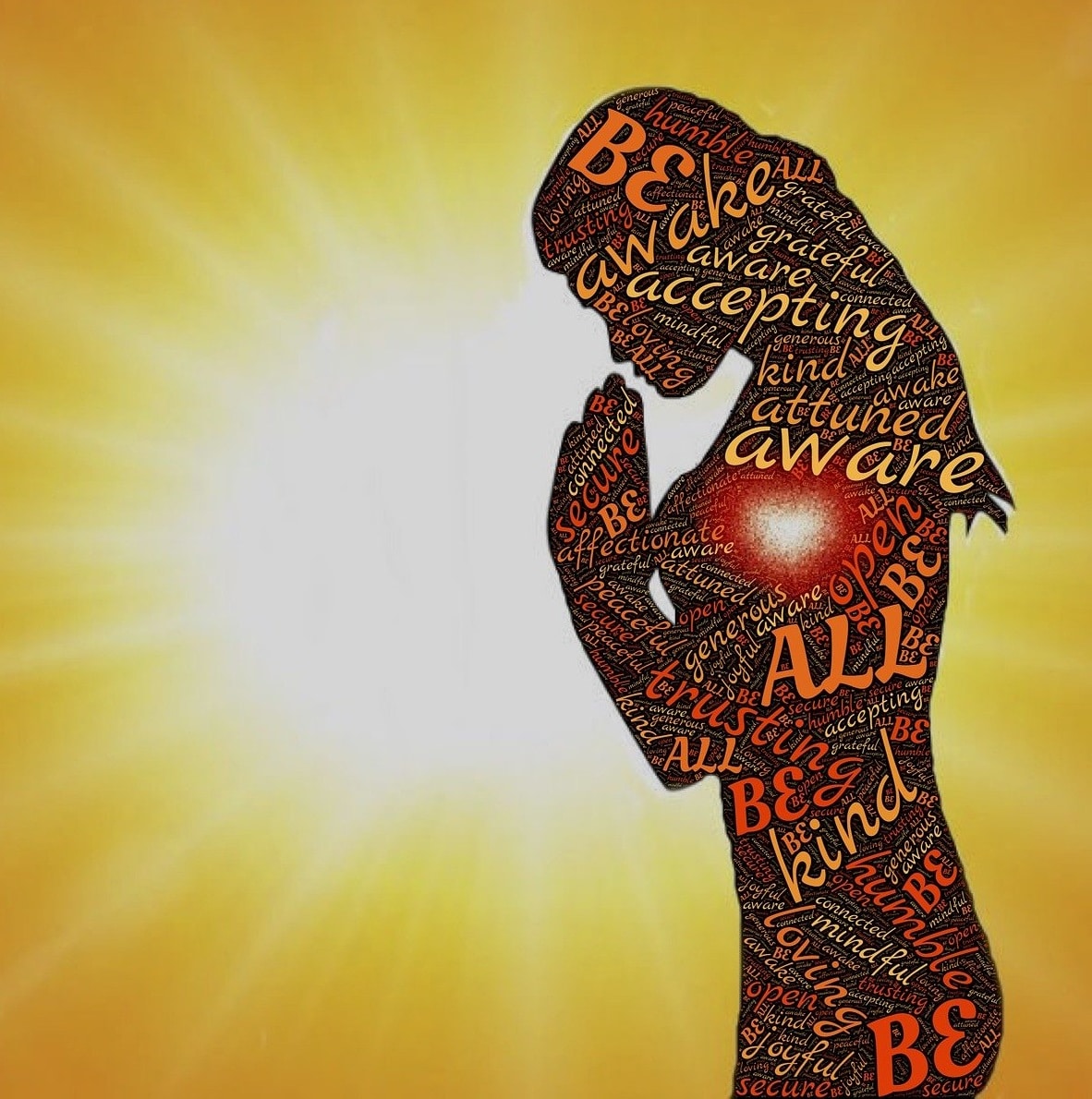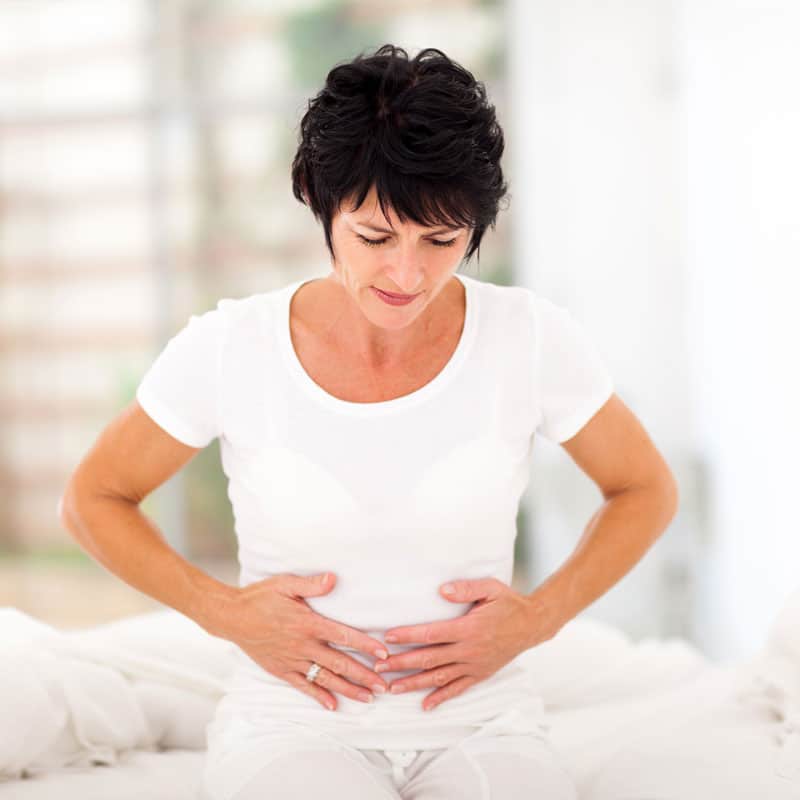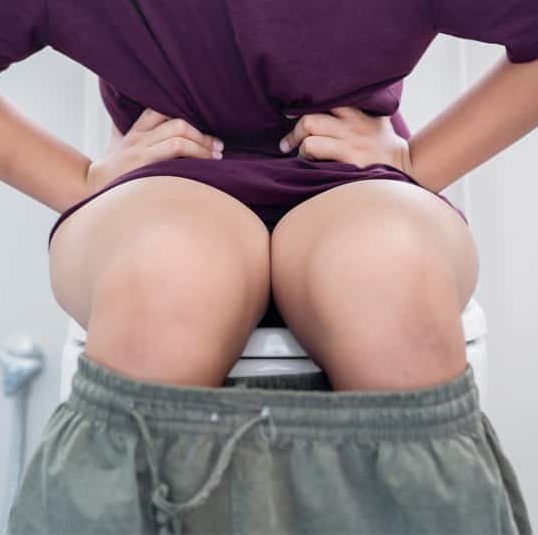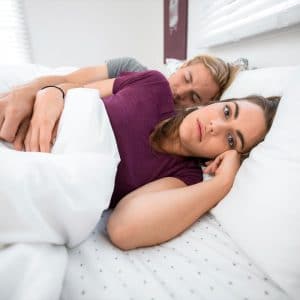Uterine fibroids, typically referred to as fibroids, are benign (noncancerous) small growths and tumors found in the uterus. Fibroids usually develop during childbearing years; however, women may continue to experience fibroids after menopause. Fibroids can cause a plethora of uncomfortable menopause symptoms.
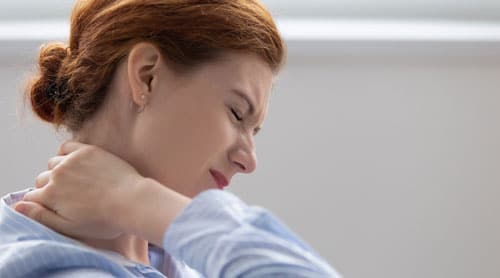
Types of Fibroids
Different types of fibroids cause different symptoms. For example-
- Subserosal fibroids develop on the outside of the uterus. This type of fibroid often causes back pain and frequent urination as a Subserosal fibroid presses against the bladder and nearby organs.
- Intramural fibroids are noncancerous growths that develop between a woman’s uterine muscles. These fibroids can be located in the back of the uterus (posterior intramural fibroids) or at the front of the uterus (anterior intramural fibroids).
- Pedunculated fibroids attach to the uterine walls with a peduncle (stalk-like) growth. These fibroids can develop outside the uterus (subserous pedunculated fibroids) or inside the uterus (pedunculated submucosal fibroids).
- Submucosal fibroids develop on the uterus’s inner layer (submucosal layer). These fibroids grow into the cavity of the uterus and can block or distort a woman’s fallopian tubes, causing infertility. Submucosal fibroids often result in heavier periods.
What Causes Fibroids?
Doctors are unsure of what exactly causes the development of fibroids; however, they believe that fluctuations in female hormone levels can contribute to the growth and enlargement of fibroids. Some women experience fibroid shrinkage when they transition into menopause; however, this is not always the case. Furthermore, even if the fibroids shrink, postmenopausal women will experience symptoms. Enlisting the assistance of a functional medicine practitioner who is knowledgeable in hormone therapy may help shrink fibroids and reduce the severity of symptoms.
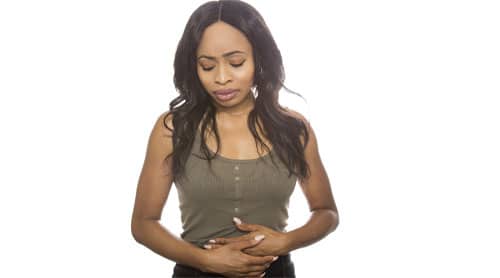
Symptoms of Fibroids
Age does not affect the symptoms women experience with fibroids. The symptoms can vary based on the type of fibroid. The amount of discomfort varies from woman to woman. Fibroids can be so severe that they prevent women from carrying out their day-to-day activities. Conversely, some women do not experience any symptoms and only find out that they have fibroids during a gynecological exam. Some common symptoms of postmenopausal women with fibroids are-
- Anemia – Anemia occurs when a woman experiences excessive bleeding due to heavy bleeding, spotting, and prolonged bleeding.
- Enlarged abdomen – If a woman has a large fibroid, it can cause abdominal swelling. The fibroid can press on the uterus and other internal organs, causing the abdomen to be distended.
- Fatigue – Women with fibroids commonly experience fatigue. Fibroids can lead to fatigue due to insomnia, heavy bleeding, iron deficiency, and anemia.
- Heavy bleeding and frequent spotting – A uterine fibroid can cause abnormal bleeding, which may include frequent spotting and heavy bleeding with clots.
- Low back pain – A uterine fibroid can place pressure on the surrounding organs, leading to low back pain. Furthermore, the pain can extend through the hips and down the back of your legs.
- Nausea and fever – If a fibroid undergoes torsion (twisting), it can cause excruciating pain, nausea, and a low-grade fever.
- Painful intercourse – A large fibroid can cause pelvic pressure or pain. Many women who have fibroids report painful intercourse as well.
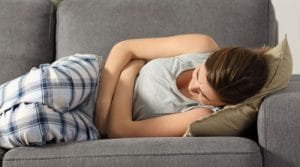
- Pressure on the bladder – If the fibroid is large, it can put pressure on the bladder. Fibroids can lead to frequent urination, urine leakage, and incontinence.
- Pressure on the bowels – Depending on the location of the fibroid, it can place pressure on the bowels, resulting in constipation and abdominal pain.
Women suffering from uterine fibroids can experience a plethora of emotional problems. Fear, anxiety, and stress over fertility issues and pain can exacerbate sadness, leading to depression. Understanding fibroids and the treatment options available can help you handle the multitude of symptoms that you may experience with uterine fibroids.
Holistic Treatment for Fibroids and Women’s Health
Many postmenopausal women are surprised to learn that they can continue to have fibroids once they transition into menopause. You can help manage the effects of fibroids by talking with our doctors specializing in women’s health. Our functional medicine practitioners use a holistic approach to treatment. In addition to balancing your hormones, using relaxation techniques, eating a healthy, nutritious diet, exercising regularly, and getting enough sleep can help minimize the symptoms of fibroids.











